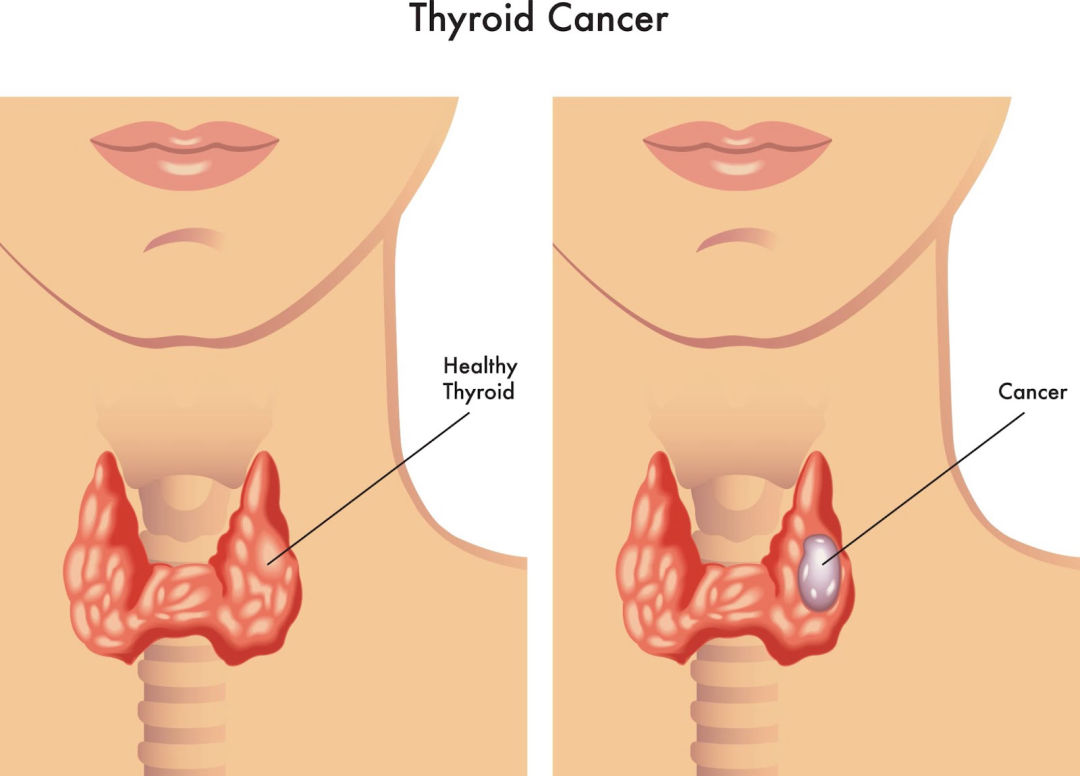Thyroid surgery, also known as thyroidectomy, is a surgical procedure performed to remove all or part of the thyroid gland.


Thyroid surgery, also known as thyroidectomy, is a surgical procedure aimed at removing all or part of the thyroid gland, which is located in the front of the neck and plays a crucial role in hormone regulation. Thyroid surgery may be recommended for various reasons, including thyroid cancer, large thyroid nodules causing symptoms or compression of nearby structures, hyperthyroidism (overactive thyroid), or suspicious thyroid nodules that require further evaluation. The extent of thyroidectomy depends on factors such as the underlying condition, the size and location of the thyroid abnormality, and whether cancer is present. Types of thyroidectomy include total thyroidectomy, where the entire thyroid gland is removed, and partial or subtotal thyroidectomy, where only a portion of the thyroid gland is removed. The surgery is typically performed under general anesthesia, and recovery time varies depending on the extent of the surgery and individual factors. While thyroid surgery can effectively treat thyroid disorders and cancer, it may also carry risks such as damage to nearby structures, changes in voice or swallowing, and the need for lifelong thyroid hormone replacement therapy in some cases. Thorough evaluation by a qualified healthcare provider and discussion of the risks and benefits are essential for determining the most appropriate treatment approach for each individual’s specific condition.

WhatsApp us